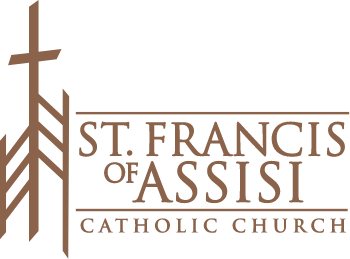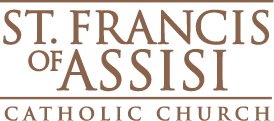Consider the question, “What is it that I ought to do?”
The “I” refers to you, and whether you are a frog, a horse, or a human, your answer to that question would vary significantly. To fully grasp the moral imperatives of our actions, we need to delve into the “I” of this question. In Catholic thought, understanding who we are – our identity – is crucial to discerning what we ought to do. This exploration is rooted in Catholic anthropology, which illuminates our nature, purpose, and destiny as human persons. By examining the many teachings within the Church – Sacred Scripture, the Catechism of the Catholic Church, and the writings of Saint John Paul II – we can uncover how our identity informs our moral obligations. Better yet, rather than viewing moral obligations as mere duties imposed upon us, Catholic teaching further reveals that the “oughtness” of our actions stems from recognizing that the best actions – the moral ones – are those that fulfill our very nature and lead us to true freedom and happiness.
At the core of our identity is the truth that each person is created in the image of God (imago Dei). Genesis tells us: “So God created man in his own image, in the image of God he created him; male and female he created them” (Genesis 1:27). This divine imprint gives us an inherent dignity that external factors such as status or abilities cannot diminish. The Catechism reinforces this, teaching that every human “possesses the dignity of a person” (CCC 357). Understanding this informs our moral responsibilities toward ourselves and others.
Catholic anthropology sees the human person as a composite of body and soul. The Catechism states, “The human person, created in the image of God, is a being at once corporeal and spiritual” (CCC 362). In Theology of the Body, Saint John Paul II explains: “The body… is capable of making visible what is invisible: the spiritual and the divine.” Our actions, therefore, have both physical and spiritual dimensions. Understanding this unity compels us to respect our bodies and make moral choices that honor our full humanity.
Our identity also reveals our ultimate purpose: communion with God. The Catechism teaches that “God calls us to his own beatitude” (CCC 1719), meaning we are destined for eternal happiness with Him. Saint Augustine echoes this, saying, “You have made us for yourself, O Lord, and our heart is restless until it rests in you.” This truth shapes our moral decisions as we strive toward this fulfillment.
Integral to our identity is the gift of free will; it allows us to act according to our nature and destiny. The Catechism defines freedom as “the power rooted in reason and will… to perform deliberate actions on one’s own responsibility” (CCC 1731). True freedom is not arbitrary but oriented toward the good. Saint John Paul II writes, “Human freedom finds its authentic fulfillment precisely in the acceptance of that law” (Veritatis Splendor). We fulfill our moral obligations by choosing actions aligned with our identity and purpose.
The question “What is it that I ought to do?” can only be answered once we understand the “I” – our identity as human persons created in the image of God. Catholic anthropology reveals that our moral obligations arise not as burdens imposed upon us but as opportunities to live according to our nature, purpose, and ultimate destiny in God. By acknowledging our dignity as beings made in God’s image, the unity of body and soul, and our vocation to eternal happiness, we recognize that the best actions – the moral ones – are those that lead us to the fulfillment of our deepest desires and true freedom. Through the grace of free will, we are invited to choose the good, and in doing so, we align our lives with the divine law that brings us closer to the fullness of life in communion with God. Thus, our moral choices are not merely about obligation but about embracing who we truly are and striving for the happiness we are made for.
Jeremy Lezniak – SFA Theologians Guild Member

